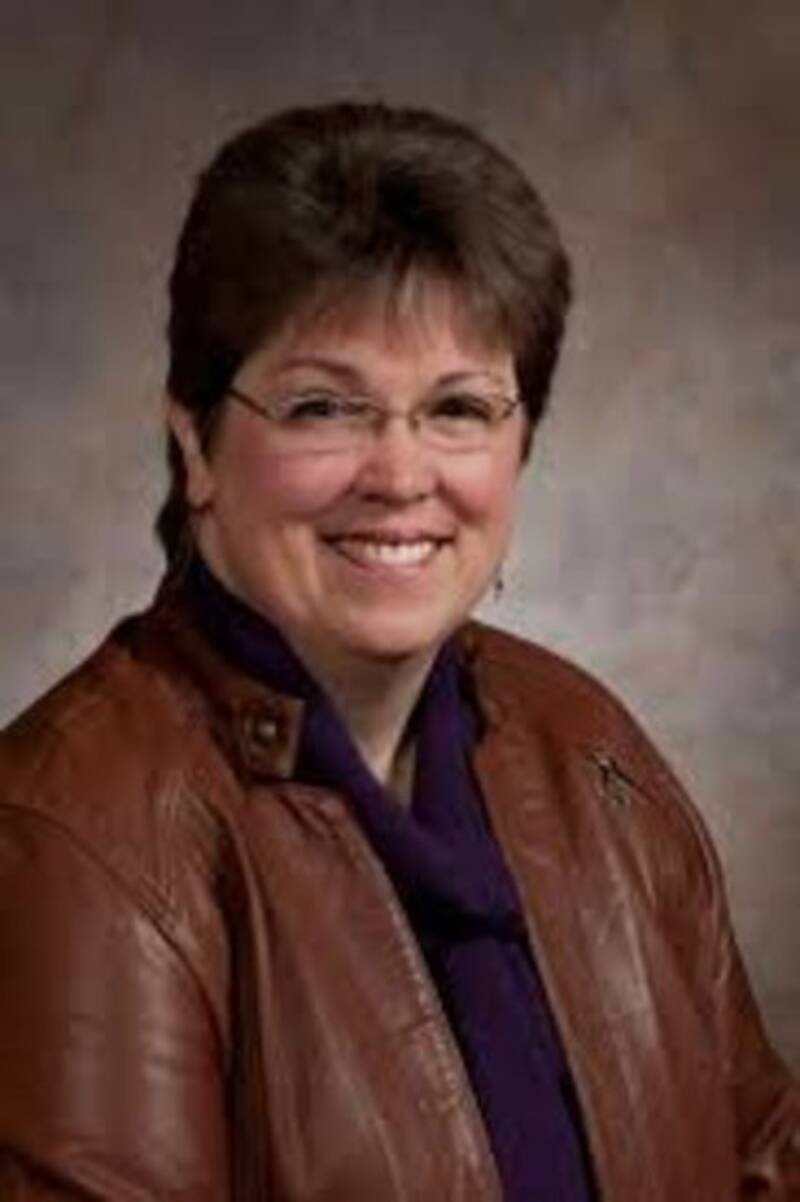“Public assistance should be a trampoline not a hammock,” read the title of Governor Walker’s press release touting work on a package of bills introduced in a Legislative Special Session. The bills made changes to certain programs targeted at helping those living in poverty.
During the recent Senate debate, proponents of the bills declared the best road out of poverty was a job. No one in the Senate disagreed. However, what these bills really do is KEEP people in poverty and make a few companies richer while providing little accountability.
The assumption of the hammock metaphor is that people are lazy and just need a kick to get moving. Another assumption is that fraud is rampant. Both assumptions are false. FoodShare is heavily scrutinized to ensure compliance. Wisconsin has an error rate around one percent.
Most people who use FoodShare or BadgerCare do so short term. According to Kaiser Family Foundation, 60% of non-elderly folks who use Medicaid are already working. Another third are in school, ill or caring for someone in need.
According to David Lee of Hunger Task Force in Wisconsin, about two-thirds of those who get FoodShare are seniors, disabled, and children – people who cannot work. Of the remaining third, half are already working. Many others are caregivers – for either the elderly, disabled or children.
Part of the Special Session plan is to make it harder to get FoodShare and BadgerCare. Families may have to sell their home if it’s more than 200% of average state value. Farmers may have to sell livestock, equipment and farm buildings. Disabled folks might lose their accessible van if it’s worth over $10,000.
These rules fly in the face of common sense. If we want a farmer to do better, or a wheelchair bound person to succeed why would we make them sell items essential to their livelihood?
The cornerstone of the Governor’s plan is a program called FoodShare Employment and Training – FSET for short. The program relies on several contractors around the state who screen people and get them into work.
Lawmakers heard stories of FSET companies creating incentives for job counselors to get people into low wage jobs as soon as possible. For example, we heard about a young woman who wanted to get her GED to improve her ability to get work. Instead, the FSET job counselor sent her to a minimum wage fast food job.
The Legislative Fiscal Bureau (LFB) reported that FSET participants, who gained employment in December of 2016, made an average of $12.19 an hour and worked an average of 34 hours a week. The LFB reported that participants with those wages and hours worked would still be eligible for FoodShare.
Further, the LFB reported on a string of problems with FSET. Costs per person per month were more than double the original budget estimate. Federal inspections turned up problems in Milwaukee, including civil rights violations, the lack of individualized services, and restricted education and training opportunities. Corrective actions and recommendations were slow or not completed. Despite three years of problems, the state made only one onsite visit.
Despite such poor performance and lack of evaluation, state officials awarded bonuses. The Department of Health Services gave “pay for performance” bonus money to all but one of the 11 FSET companies for “accuracy” and “timely completion of quarterly reports” – requirements FSET companies should meet at a minimum.
Unbelievably, Special Session Assembly Bill 6 more than quadrupled these “pay for performance” bonuses to the FSET companies.
Every group that works with those struggling to gain economic stability opposed these Special Session bills. Their thoughtful and compelling testimony clearly demonstrated that people want to move out of poverty and off government assistance. All they need are the tools to help them achieve their dream.
A wheelchair is not a hammock, but essential equipment. A warm house, food, health care and education are not a hammock but rather the essential tools to help people get that job that moves them out of poverty.
The measure of a civilized society is how we treat those in need. The Governor’s plan cuts the springs holding up the trampoline just as a person jumps.
For many, life is very difficult. When we reach out helping hands to those in need, we do our part to make not only their lives better, but ours as well.


Add new comment